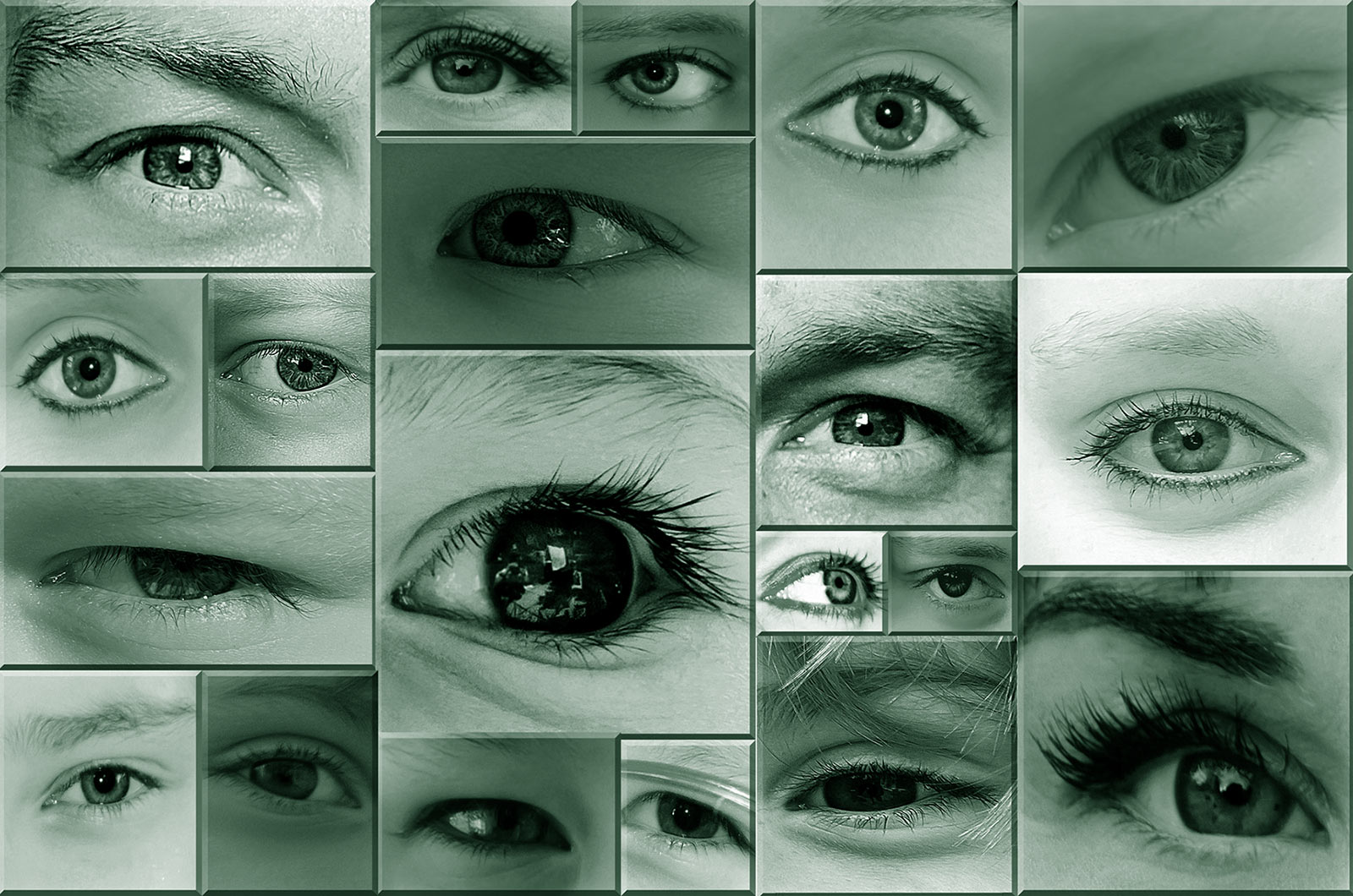An Ophthalmologist is an eye M.D.; a medical doctor specializing in eye and vision care. Ophthalmologists are trained to provide the full spectrum of eye care, from exams and diagnosis, to prescribing glasses or contact lenses, to complex and delicate eye surgery. Eye research may be a specialty as well.
Undetected loss of vision can also cause confusion or depression. People with diabetes can have bleeding of the retina and a higher risk of developing glaucoma, cataracts and diabetic retinopathy. At least 50% of those diagnosed with glaucoma are unaware of their condition; and 61% of Americans require some form of vision correction.
Services
An Ophthalmologist provides total eye care. This includes:
- routine eye exams
- diagnosing of existing or potential eye diseases
- working collaboratively with other Medical professionals
- performing surgeries to treat Cataracts and Glaucoma
- visual field testing, retinal eye testing and photographs for Glaucoma patients
- prescribing timely and appropriate medications
Specialization
After four years of medical school and a year of internship, every ophthalmologist spends a minimum of three years of residency (hospital-based training) in ophthalmology. During residency, the eye M.D. receives special training in all aspects of eye care, including prevention, diagnosis and medical and surgical treatment of eye conditions and diseases. An additional year or two may be spent in training for a sub-specialty.
Preparation
- Know your parents prior optical history.
- It’s helpful to have possession of former records.
- When was the last optical visit, and the reason for the visit?
- Will you be the person responsible for signing for consent of services?
- If financial options need to be considered, contact your insurance company.
Evaluation
- Is the doctor accepting new patients?
- Are patients with special conditions (Alzheimer’s/Dementia) considered?
- Does the doctor offer the latest services in optical technology?
- Is the office wheel chair accessible?
- Please provide references.
- Does the doctor have a specialization in treating seniors?
Vision Care Radio Show Segments
- Dry Eye with Paul Jenson
Paul Jenson at Northwest Dry Eye Center talks about dry eye, which can become a debilitating, vision-robbing condition. Patients who are having difficulties would be referred to him. Dry eye covers are range of issues, caused from environment to people working on computers. If your eyes actually feel dry, that could be a sign. Another symptom can be blurred vision in the evening.
- General Eye Health with Paul Jenson
Paul Jenson at Renton Vision Source near downtown Renton, Washington talks about senior eye health. As we age, subject to our genetics, we can get macular degeneration, a fairly common condition where central vision gets to become blurred, which makes reading and driving more difficult. If you don’t take care of these things, you can go blind. If you struggle even a little on your driver’s exam, get your eyes checked. A normal person over 60 should get an annual visit.















